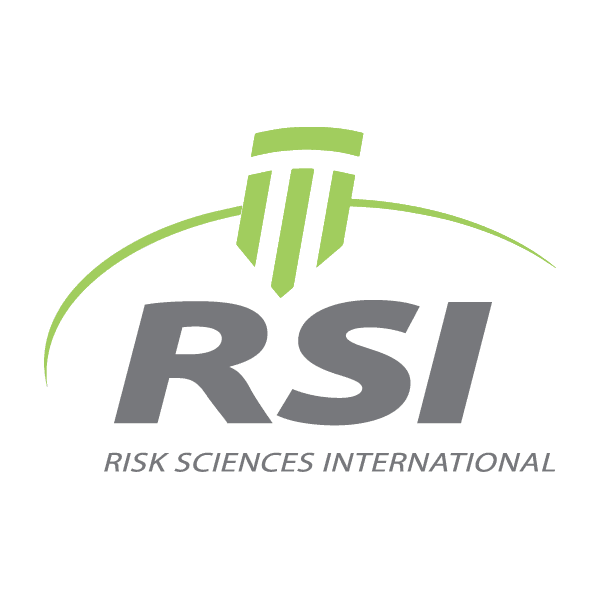Bovine spongiform encephalopathy (BSE), or “mad cow disease,” remains one of the most notable examples of how animal health risks can escalate into public health and economic crises. Linked to variant Creutzfeldt-Jakob disease in humans, BSE outbreaks in the late 20th century caused widespread alarm, disrupted international trade, and reshaped food safety regulation globally.
The challenges of BSE highlight the complexity of managing risks with long incubation periods, incomplete scientific knowledge, and severe potential consequences. Governments had to make policy decisions under conditions of high uncertainty, industries suffered massive economic losses, and consumer confidence was deeply shaken. Even decades later, BSE continues to inform regulatory approaches to animal feed, surveillance, and traceability systems.
Risk sciences played, and continue to play, a central role in this domain. Epidemiological modeling, exposure assessments, and scenario analyses were critical to understanding transmission pathways and informing control measures. Risk communication also proved decisive: conveying complex scientific uncertainties to the public and stakeholders became as important as the technical interventions themselves.
RSI is committed to applying its expertise in animal and food safety to support stakeholders in addressing risks like BSE, with the experience required to help maintain vigilance and trust in this sensitive sector.

